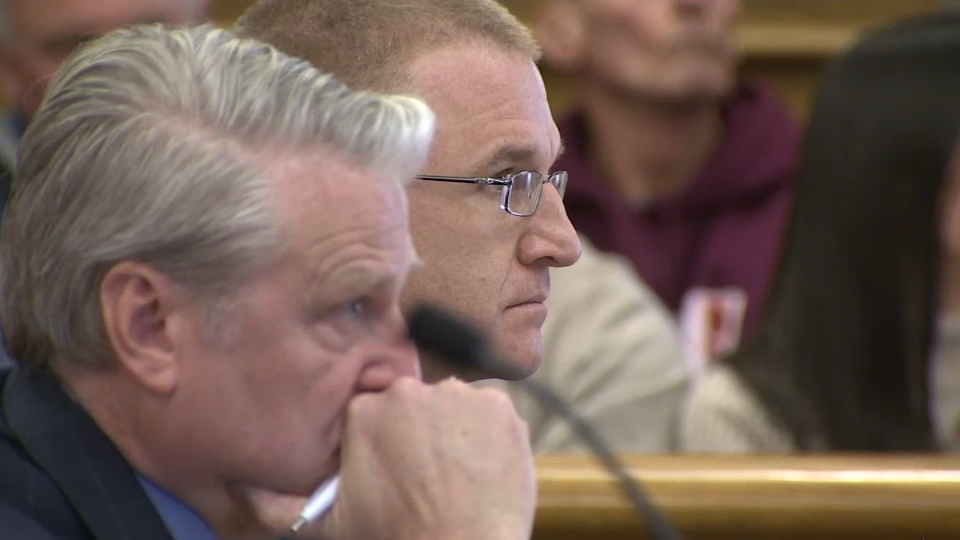Failure is a fact of life in the startup world.
The failure rate of venture-backed startups has been pegged anywhere between 60 and 90 percent, depending on methodology. And while lack of funding can contribute to a company shutting down, there are plenty of well-funded startups that also meet the same fate.
As part of BostInno’s Failure Week, we took a look back at five Boston-area startups that shut down in the last few years. Most of them were early-stage, having only raised $5 million in seed funding or less, while one had raised $80 million. Two were in the food tech space, one in transportation, another in cybersecurity and the final one in energy efficiency.
So why did they shut down? A lack of funding was one major reason — for at least two of the startups below, funding partners had actually pulled out at the last minute. But there were other problems, such as competitors providing better solutions (whether it was cheaper or more convenient), products that weren’t innovative enough or customers that cost too much to acquire. The largest company, Next Step Living, was trying to do too much, never really had a CFO and took a major hit from bad winter conditions.
Here’s a look back at five Boston startups that shut down and why:
Bridj
Local
In-depth news coverage of the Greater Boston Area.
Bridj was a local on-demand bus service that, despite receiving national headlines for its novel take on transportation, only grew to three cities (Boston, Washington, D.C., and Kansas City) before shutting down in April 2017. The startup has raised more than $4 million from investors — including big-names in Boston like Accomplice and NextView Ventures. Matt George, CEO and co-founder, said at the time that a deal fell through at the last minute with a “major car company” that would been a “sizable transaction” and given the company enough resources to scale. As reported by Bostonomix, one of the challenges was Bridj’s high labor costs for drivers and high leasing costs for buses, which George said traditional venture capital would have been able to support and grow. The other challenge was the number of other transportation options available that were either cheaper, such as the MBTA, or had more resources, like Uber and Lyft. Later in 2017, the company ended up selling Bridj’s technology assets to Australian transportation operator Transit Systems.
Chef Nightly
Chef Nightly was a Boston-based food delivery app founded by Runkeeper co-founder Michael Sheeley. The startup had raised a total of $1.5 million in seed funding through September 2015 from some big-name investors in the Boston tech scene, including Kayak co-founder Paul English, DraftKings CEO Jason Robins and Accomplice. But several months later, in May 2016, the company shut down. In a blog post, Sheeley wrote that Chef Nightly failed to develop an innovative enough product for what has become a very crowded market. “Many people have asked us to open our own kitchens and start making our own food, or for us to charge a subscription to lower the overall price for the most active users. These strategies may open-up arbitrage opportunities in the short term but without a truly unique food product, even these strategies will require large amounts of capital to scale,” he said.
GoPapaya
GoPapaya was an iPhone and Android app that let you find last-minute reservations and deals at restaurants. The startup, which was founded by EMC vet Marik Marshak, shut down in September 2017 after struggling with the cost of customer acquisition, Markshak told BostInno at the time. While GoPapaya had the technology in place, good user feedback and nearly 100 restaurants on the platform, the company’s pre-seed financing round wasn’t enough to grow its customer base to the point where it had the kind of numbers venture capital firms were looking for. Expectations for traction ramped up as investors noticed trouble in food tech sector, with companies like Maple and Sprig shutting down.
Lexumo
Lexumo was a Boston-area startup that spun out of Draper Laboratory and focused on Internet of Things security. After launching in 2015 and raising $4.9 million from investors, including Accomplice and .406 Ventures, the startup shut down in late 2017. Lexumo’s technology was designed to find open-source software in embedded systems and connected devices running Linux. The problem, former Lexumo CEO Dan McCall told Xconomy, was that it wasn’t a “functional product” and therefore “require a large effort to productize as a service.” Another issue was that there were at least five competitors that had emerged in Lexumo’s first year of operations “with a significant lead in both technology and customer traction,” as well as more funding, McCall added. The former CEO also pegged Lexumo’s challenges to the “onerous terms” of the company’s licensing agreement with Draper.
Next Step Living
Next Step Living was a home energy efficiency startup that had raised $80 million in venture capital and reached $100 million in revenue before shutting down in March 2016. The company had been providing home energy audits and retrofit services, such as solar panel and insulation installations. A deeply reported story published by BostInno in March 2017 found that one of Next Step’s investors, VantagePoint, pushed the company to focus on top-line growth, which resulted in the company spreading itself too thin. At the same time, the company moved along for most of its existence without a CFO. Another factor that hurt Next Step was a six-week string of blizzard conditions that hampered operators. After switching its focus from pure revenue growth to profitable growth and pivoting to a software-based, asset-light solution, Next Step had pulled together investors for a bridge financing round. However, VantagePoint had veto power over the bridge round as a lead investor and ended up pulling out of the deal, resulting in the company closing down shortly after.
Correction: A previous version of this story incorrectly stated that Chef Nightly had raised a $1.5 million seed round in September 2015. The company had raised that amount in total through multiple rounds, with the final round happening in September 2015.




